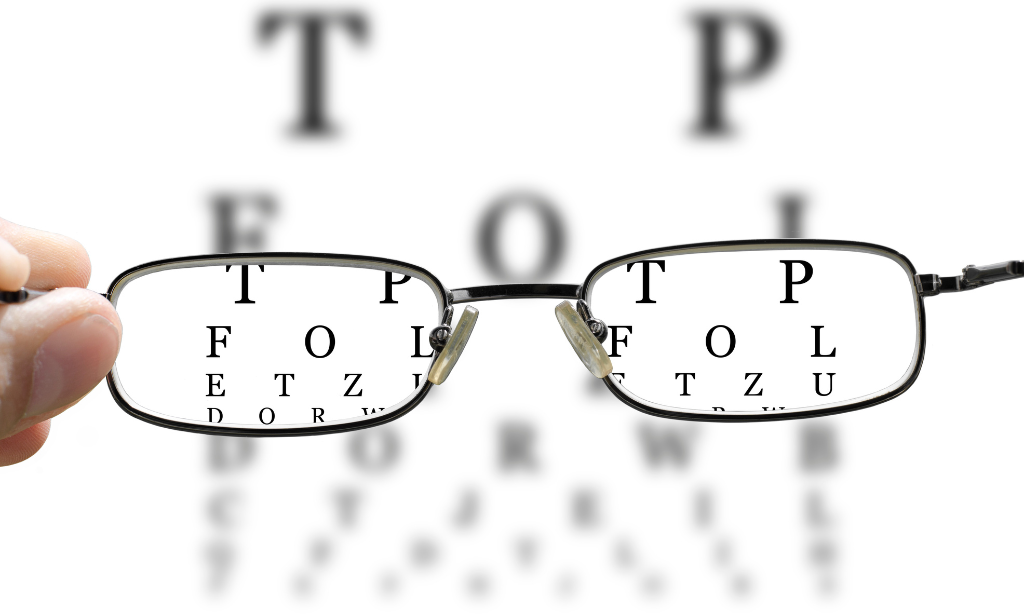
Blindness and Visual Impairment are the major social issues which can set back a country’s development and cause major hindrance in our society development process. Cataract and refractive error are the major causes of blindness in our society and early detection and proper treatment of both this condition (surgical and optical) can help patients to get back their vision lost by these conditions.
National Program for Control of Blindness launched by Govt of India to stop a patient to go unnecessary blind has emphasized to undergo timely cataract operation services and distributing free glasses to people in need to stop a person form going visually handicapped. Although the number of patient going blind due to cataract has gone down in the past few decades but still it remains one of the important causes of blindness in our society. Uncorrected Refractive Error remains the second most important causes for blindness in India as there are lack of qualified optometrist to screen, diagnose and identify the reasons of not wearing spectacles among young school going children.
Optometrist are primary eye health care professional who diagnose and treat different refractive error and prescribe glasses specially to young school children who are in need of spectacle , as we all know that major vision develops happens until the age of 6 years , so if a child is not wearing his prescription in the first 6 year his vision development will not be complete and it could cause severe problem in visual system which can cause severe hindrance in his/her academic and personal career. Glasses are also an important optical device to give 100 percent vision after cataract surgery and optometrist are specialized to prescribe and dispense spectacle in all age group in both rural and urban population.
There are only 42,000 primary eye care professional out of population of 140 corer population, definitely is not enough to screen entire population of all age groups, so in India there is huge demand of optometrist both in private and government sector in upcoming years and decade to give quality eye care services who are in need of it.
Optometry has several branches which provide various eye health care facilities to various section of our society for providing quality eye care services and eradicating blindness in our society.
- Correction of Refractive Error and Dispensing Spectacle: Optometrist not only prescribe glasses but they also take a call to dispense right choice of spectacle and glasses to right prescription as it is directly related to compliance of spectacle wearing, if a child or an adult doesn’t like his or her spectacle he will never wear it as a reason the patient will drop out form wearing spectacles and it will lead to severe problem in vision development.
- Contact Lenses: Optometrist are not only primary eye health care professional but they contribute a lot in tertiary eye care services as they are trained to evaluate fit and fitting evaluation and dispensing contact lenses for patient who need it for diagnostic and medical treatment. Contact Lenses are also considered as an optical devices other than spectacles to correct refractive error as people who are not comfortable with glasses they can be motivated to use contact lenses to correct their refractive error and who else than optometrist can suggest a best solution for contact lenses in terms of contact lens material, types of uses and precautions which need to take while wearing and removing the lenses.
- Orthoptics: Optometrist are the primary eye health care professionals who takes care of the squint and eye movement anomalies with the help of therapy which is often known as vision therapy through which different types of latent and manifest squint can be corrected and this treatment and therapy prescription is known as orthoptics. There are many types of squint one major reasons of squint is uncorrected refractive error, if a child is not wearing his/her prescription for longer period of time specially during the critical period of vision development there is high chance of developing squint and it can be corrected by continuous wearing of spectacles and vision therapy treatment.
- Low Vision: Low Vision patients are those who after rigorous medical and surgical treatment their vision cannot be restored to normal vision, these patients need special attention through various optical and non-optical intervention these treatment procedure is often described as low vision treatment and rehabilitation. Optometrist being the primary eye health care professional can treat this patient and can stop this patients form going to complete blind.
- Ocular Diagnostics: Optometrist takes a vital role in tertiary care eye institute specially in the field of ocular diagnosis and instrument work up, specially diagnosing ocular disorders like glaucoma, cataract, and diabetic retinopathy. They are responsible for handling highly sophisticated instruments like Optical Coherence Tomography and Humphrey Visual Field Analyzer.
Thus in this article we have learned the role of optometrist in different spectra of eye care industry and their special role in eradicating blindness form our society.
Visited 1178 times, 1 Visit today


